In line with the REVERS project’s goals, three project partners conducted synchronized research and monitoring across riverine, karst, and mountain habitats to track and understand biodiversity changes, assess human and climate pressures, and support future evidence-based conservation actions.
National Park Una: Tracking Ecosystem Health Through Water Quality and Biota
JP NP Una led field activities aimed at analyzing the effects of tourism and climate variability on aquatic ecosystems. The first of three seasonal monitoring took place at 8 key locations, targeting:
- Flora and fauna (macrozoobenthos, algae and mosses), and
- Water parameters (biological, physicochemical, and microbiological).
This “before-during-after” approach will provide vital insights into the resilience and vulnerability of the Una River’s ecosystems to seasonal pressures.
Natura Jadera: Scientific Surveys on the Krupa, Zrmanja, and Una Rivers
Natura Jadera collaborated with research teams from the University of Zadar to implement advanced biological and geospatial monitoring:
- Biological research (MRV group) – sampling of sediment barrier communities and freshwater crayfish in early and mid-summer 2025, focusing on species composition and disturbance levels in river microhabitats. Notably, the native and protected crayfish Austropotamobius torrentium was found only at selected upstream locations.
- Geospatial monitoring (GAL group) – UAV-based RGB and LiDAR surveys were conducted across river areas Berberov Buk, Ogarov Buk, and Kudin Most. Resulting products include: digital surface models for sediment shift analysis, orthoimages for land cover classification and 3D textured models for communication and promotion purposes.
Old Royal Capital Cetinje: Mountain Trail Biodiversity Assessments
In Montenegro, biodiversity research was carried out within Lovćen National Park across designated hiking trails. A multidisciplinary expert team documented:
- Flora and fauna along two key trails, with a focus on birds, amphibians, invertebrates, and plant communities, and
- Wetland habitats near Jezerski Vrh (7140 Transition mires and quaking bogs and 6430 Hydrophilous tall herb fringe communities of plains and of the montane to alpine levels types), including signs of ecological succession and drought stress, likely linked to climate change.
The research highlights the need for regular monitoring, hydrological studies, and the implementation of active and adaptive habitat management. Through this activity, the REVERS project contributes to better ecological understanding of sensitive habitats and promotes sustainable tourism across the Dinaric karst region.
The REVERS project — full title: “Integration of eco touristic development and nature preservation in protected areas” — is funded through the Interreg VI-A IPA Cross-border Cooperation Programme Croatia – Bosnia and Herzegovina – Montenegro 2021–2027.
The project is implemented in partnership with Natura-Jadera Public Institution for management of protected areas in Zadar County, Zadar County, Velebit Nature Park Public Institution, Public Company “Una” National park LLC Bihać, and the Old Royal Capital Cetinje.
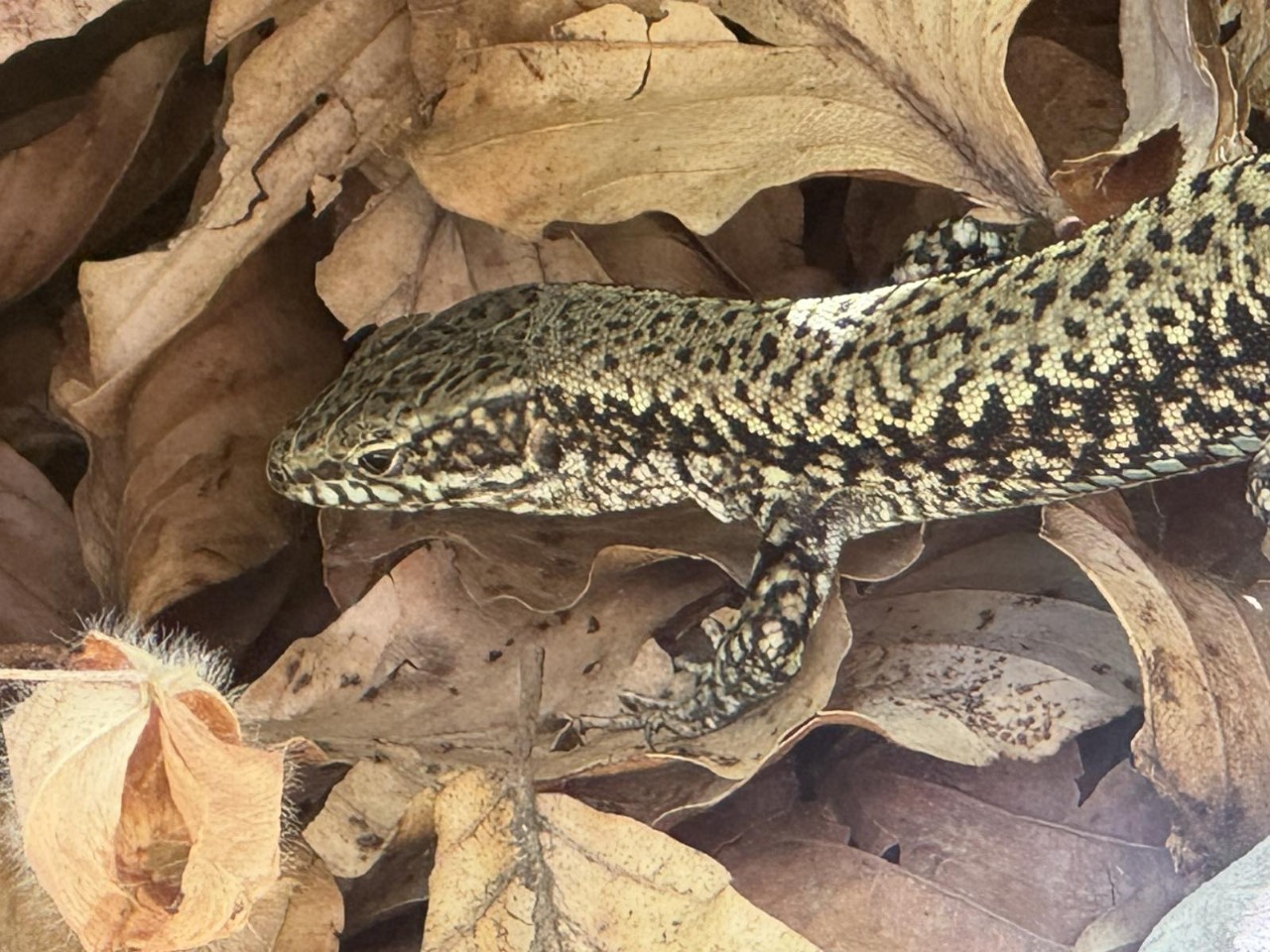
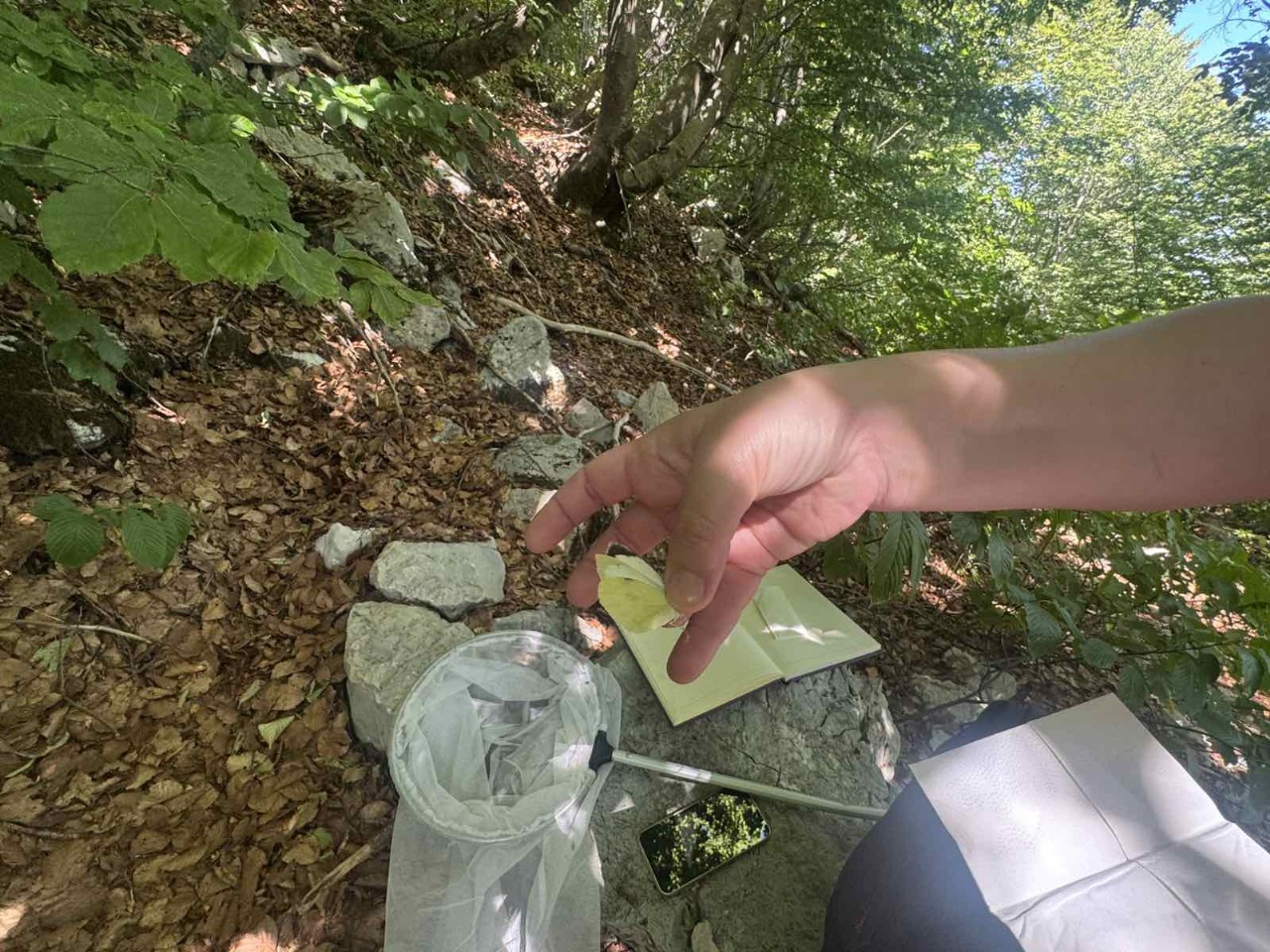
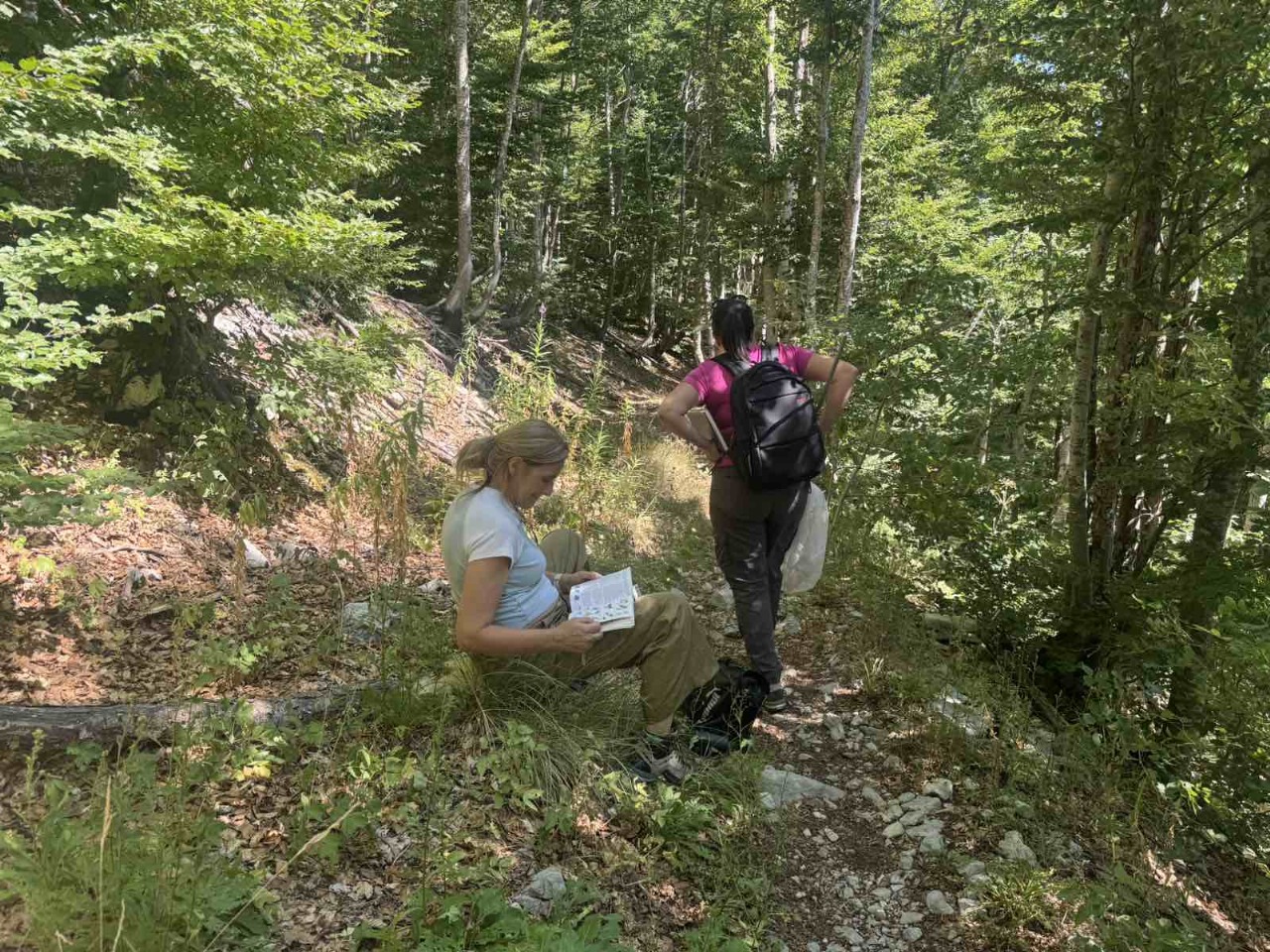
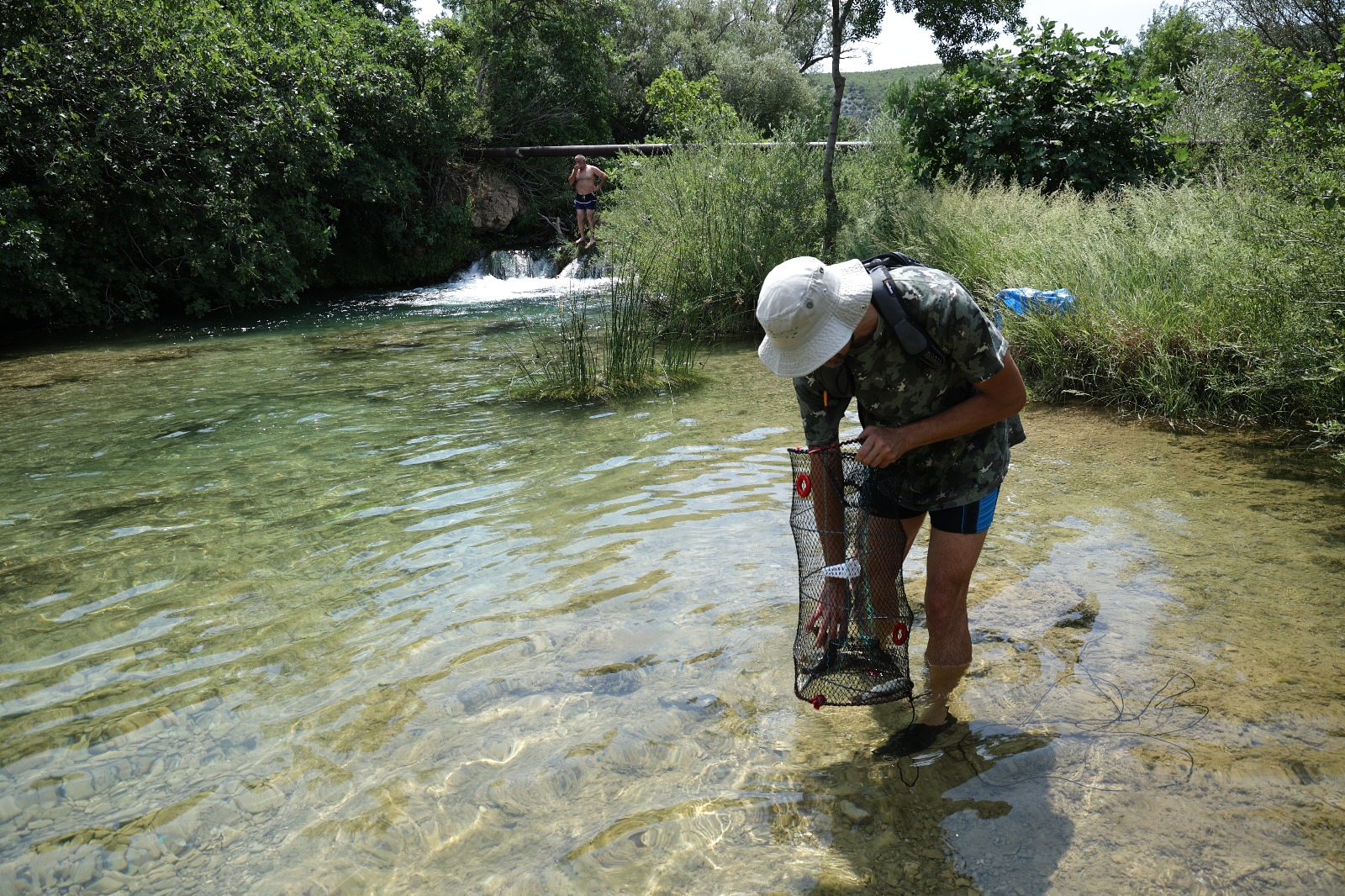
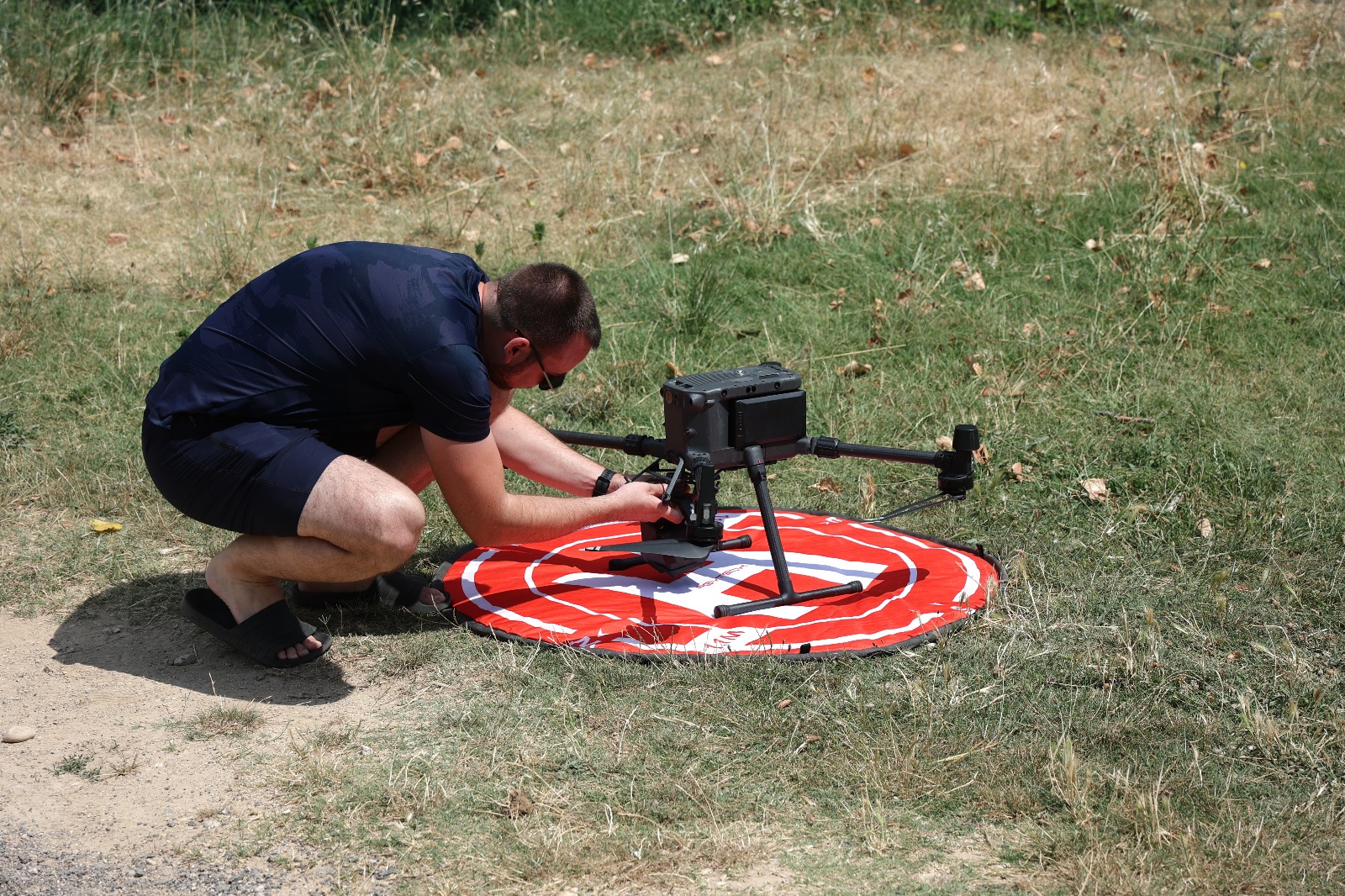
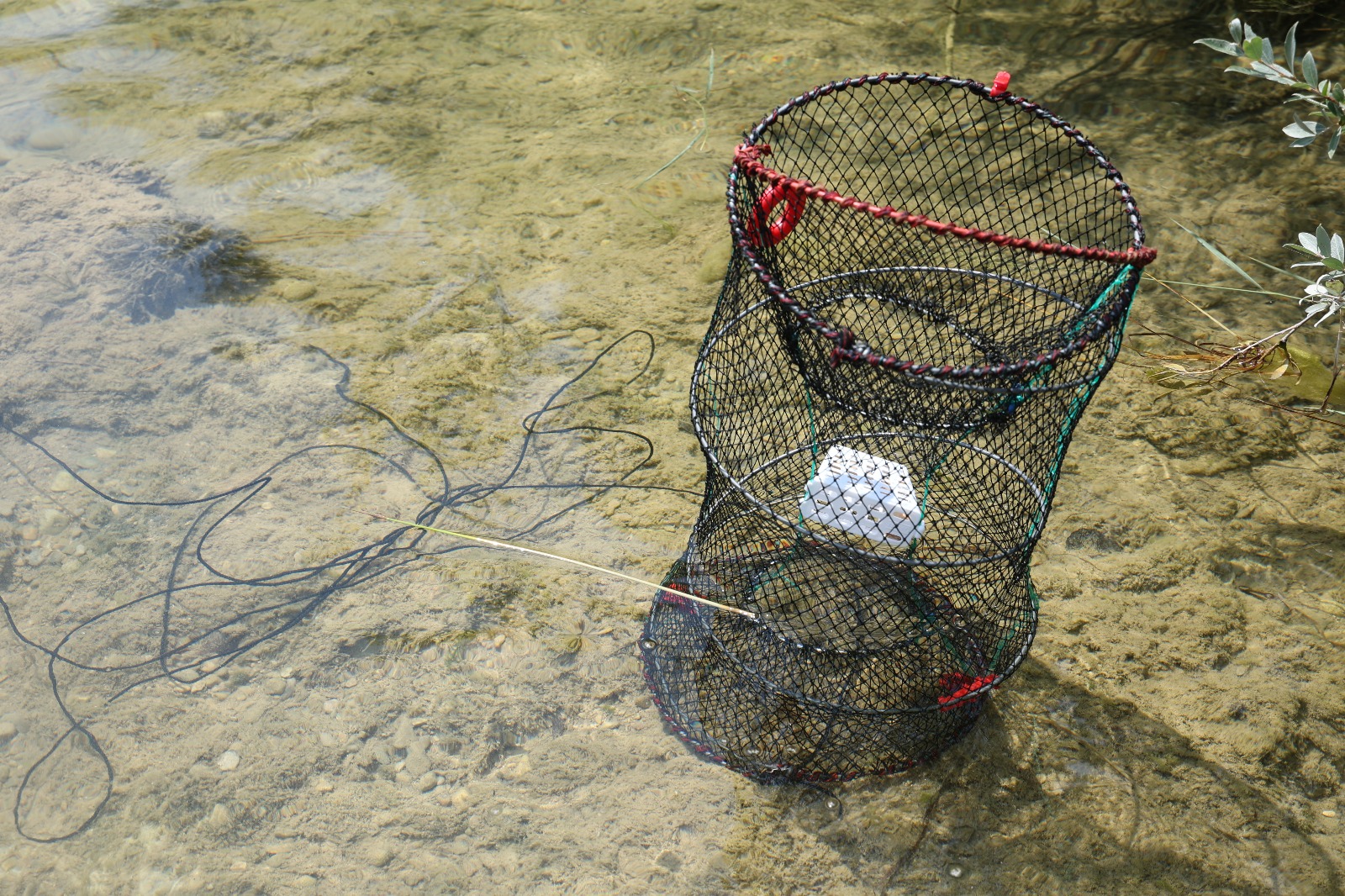
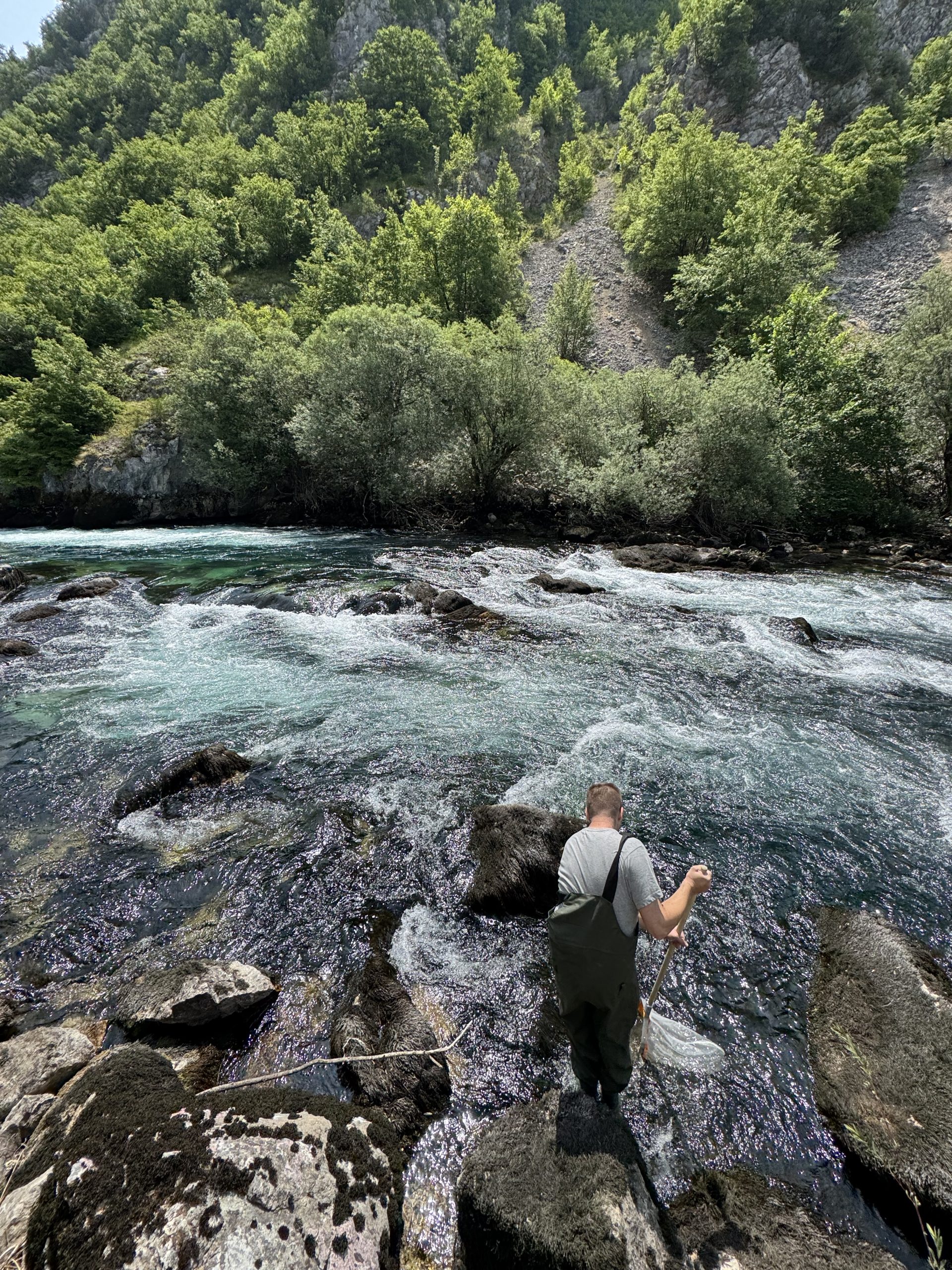
 Jems
Jems